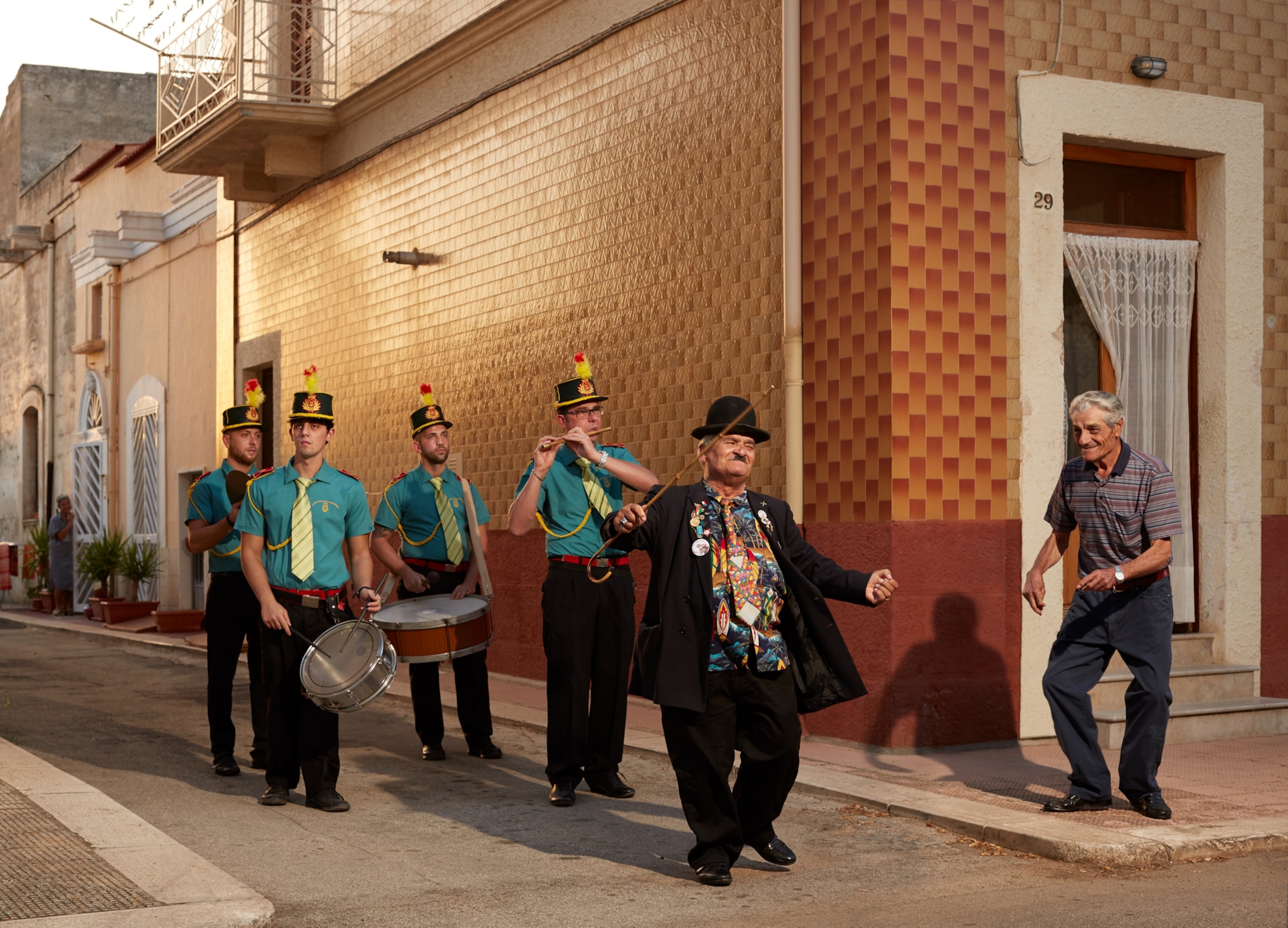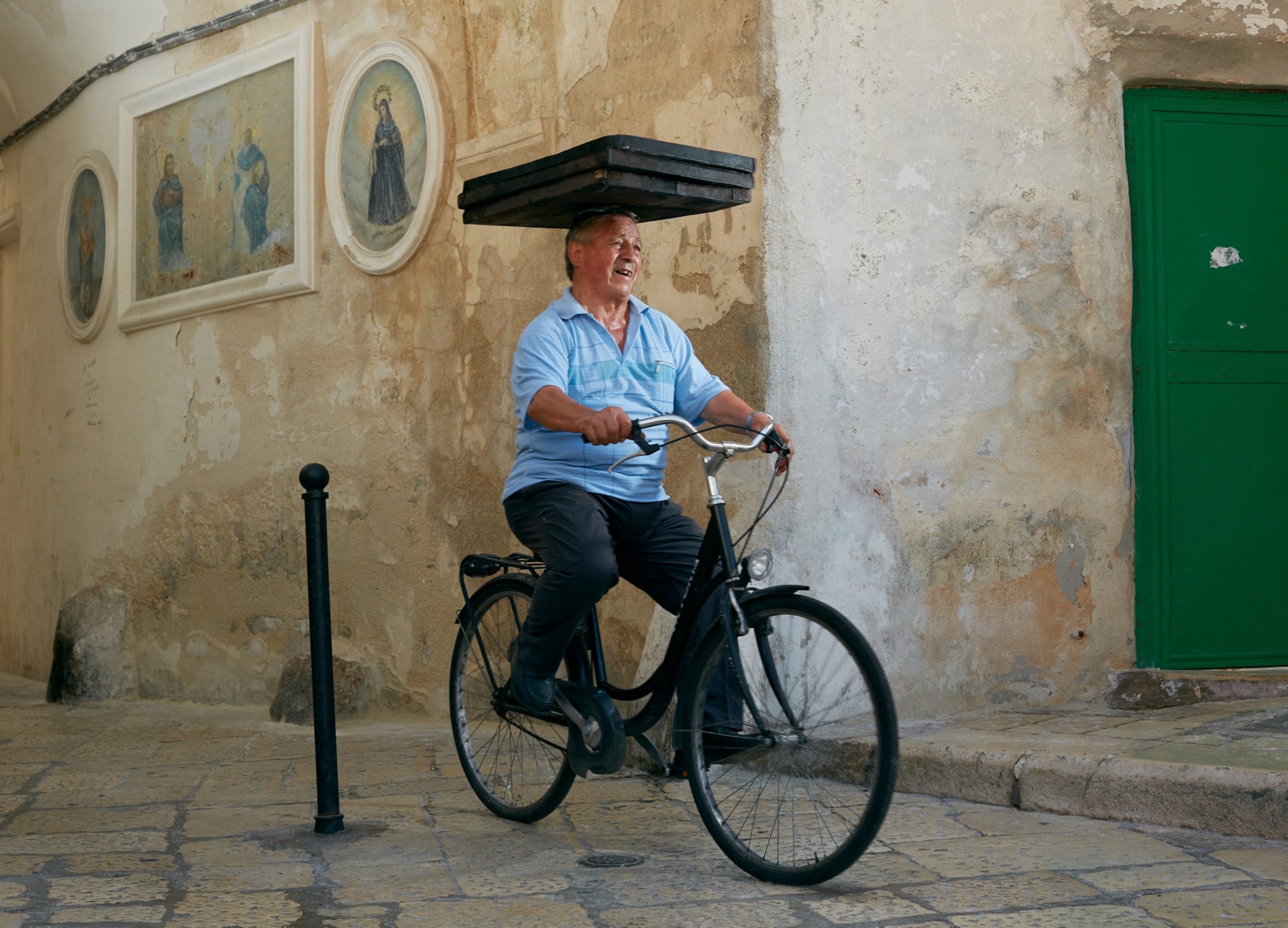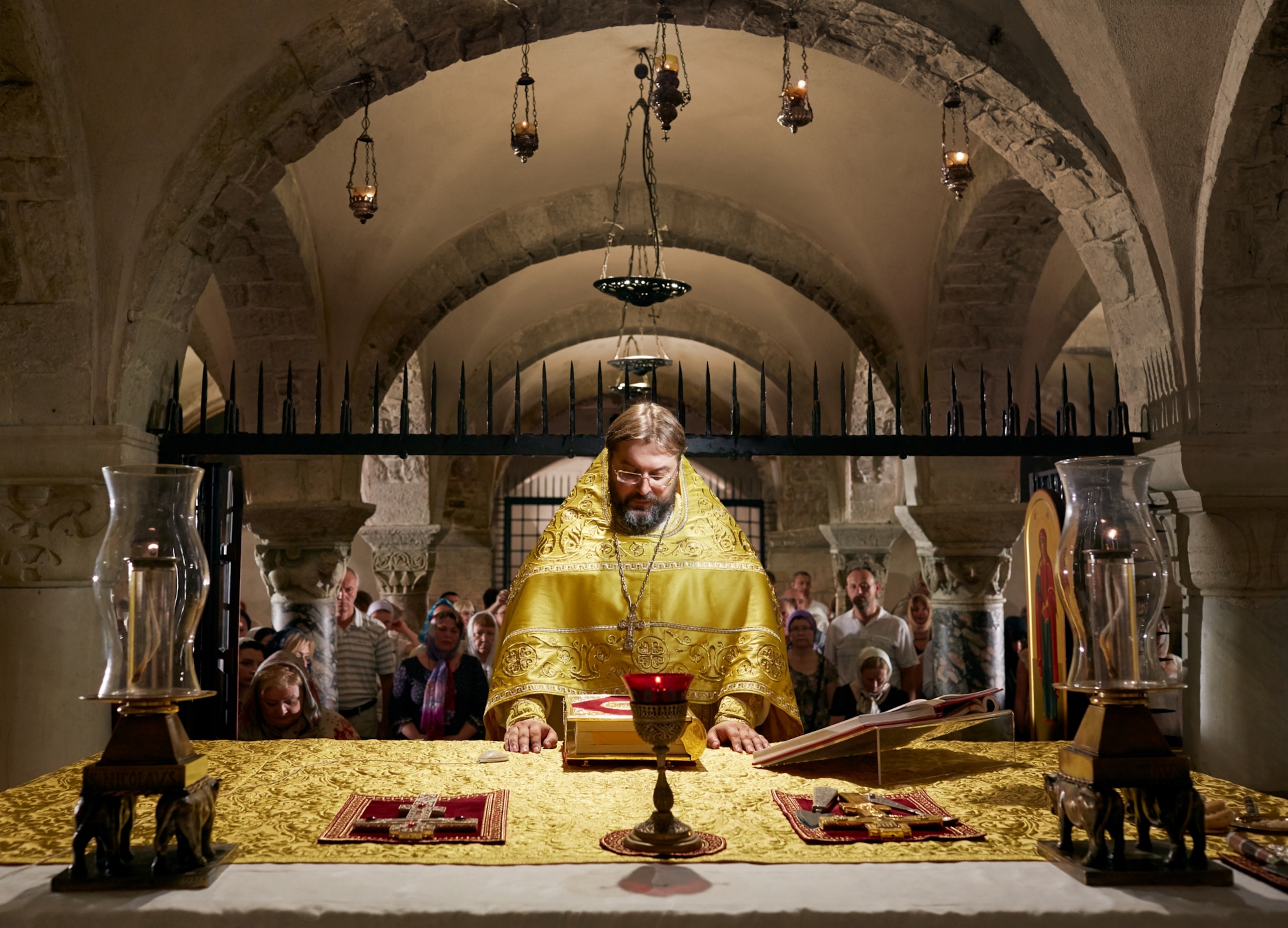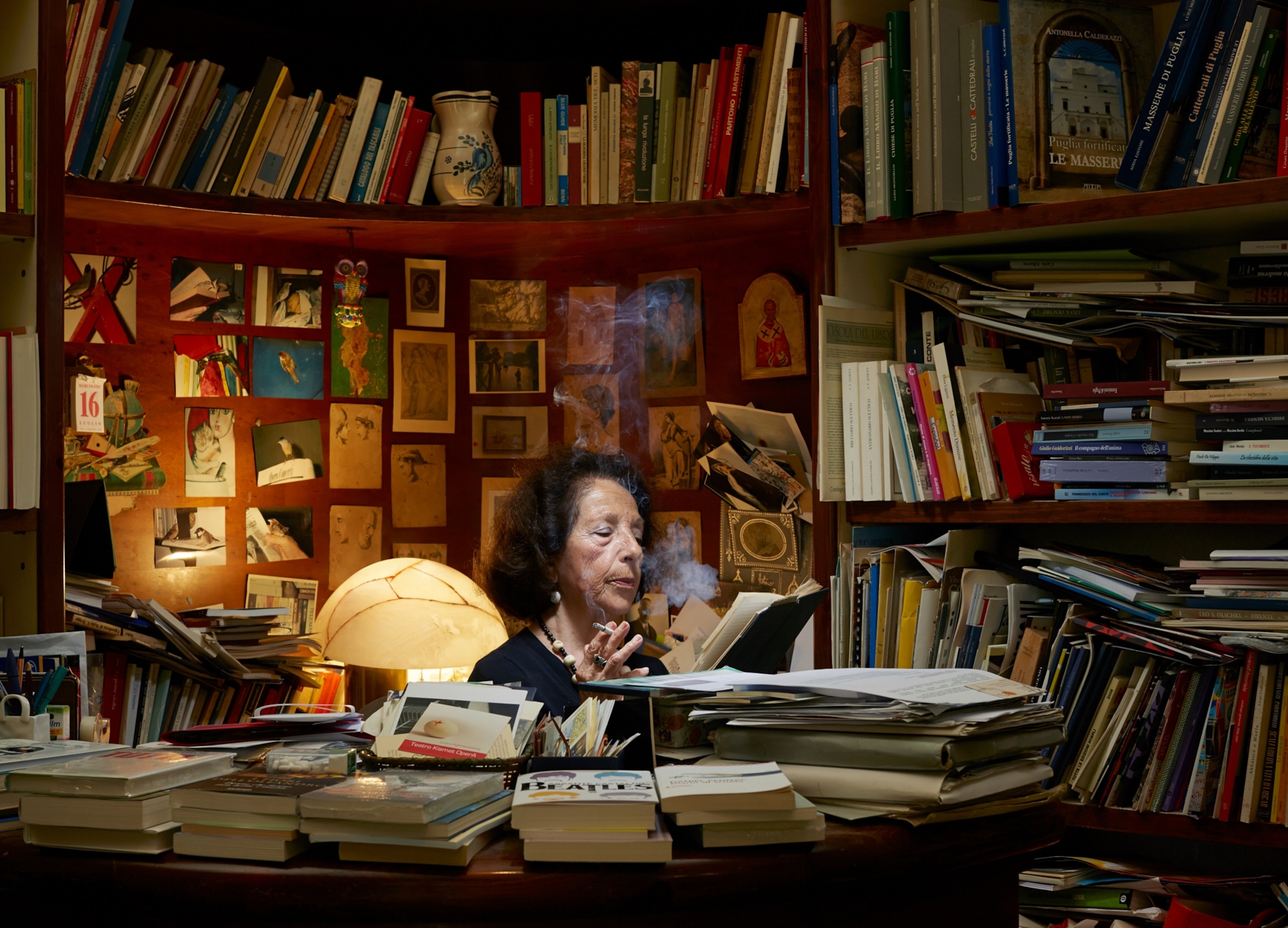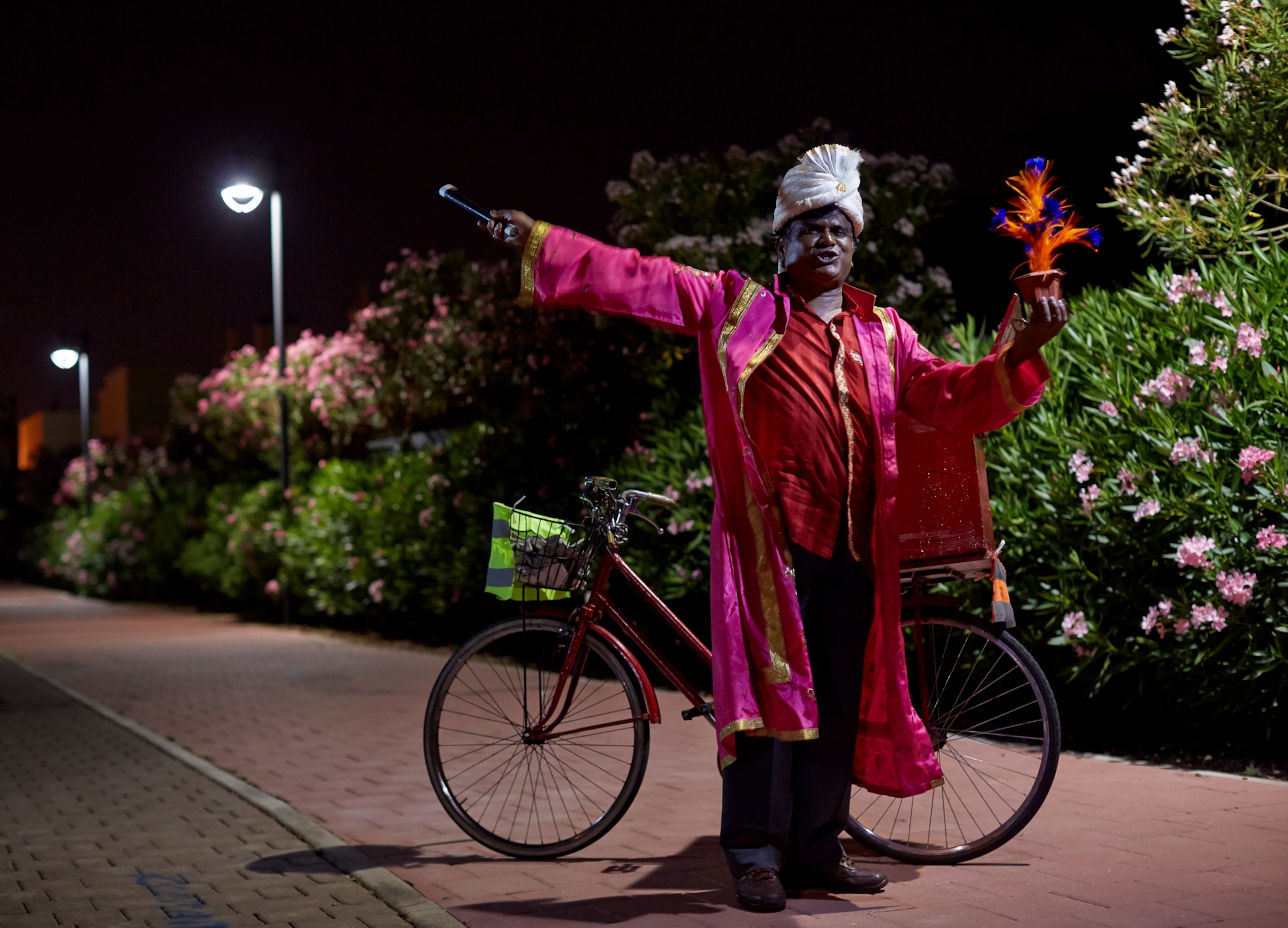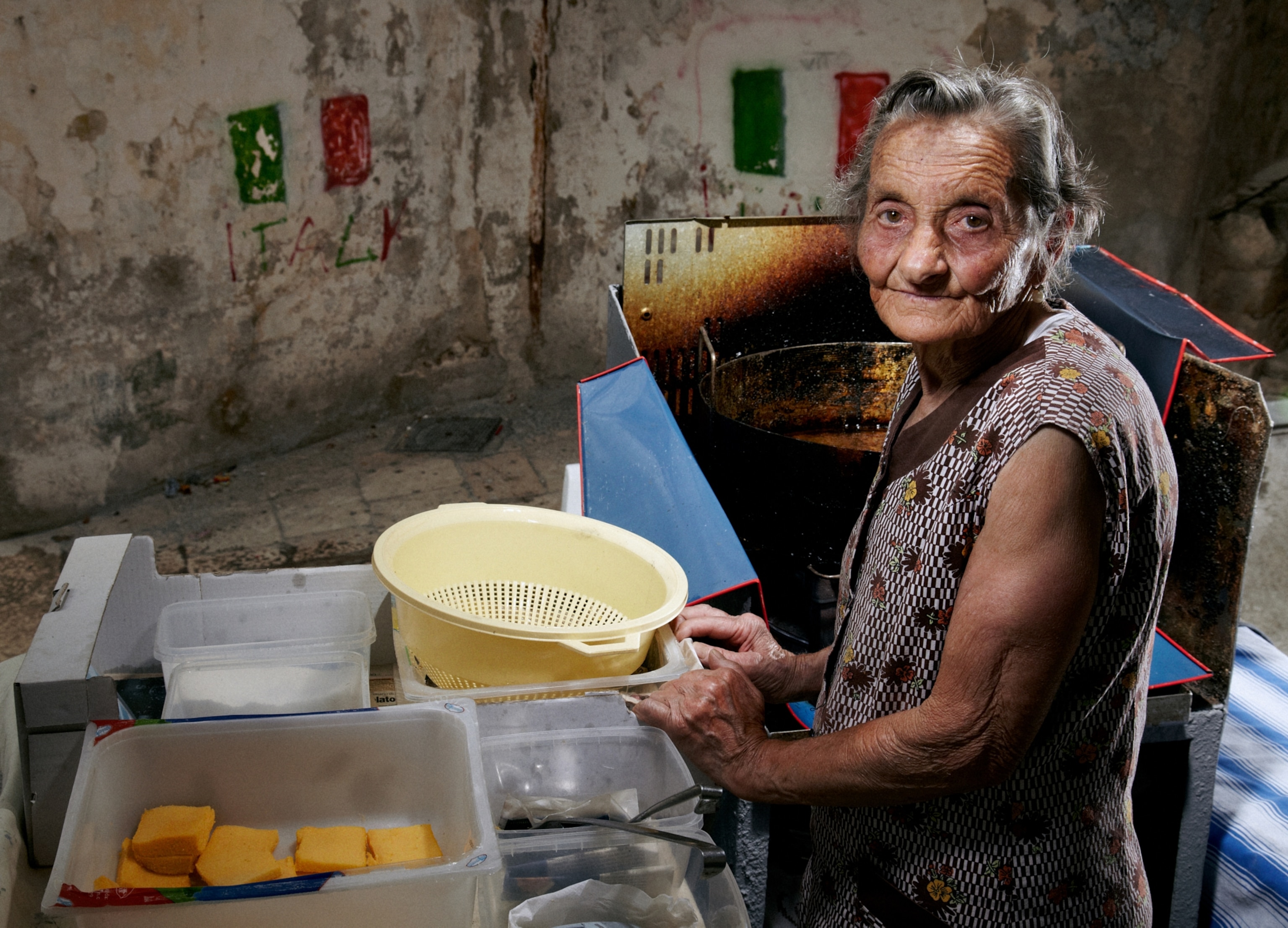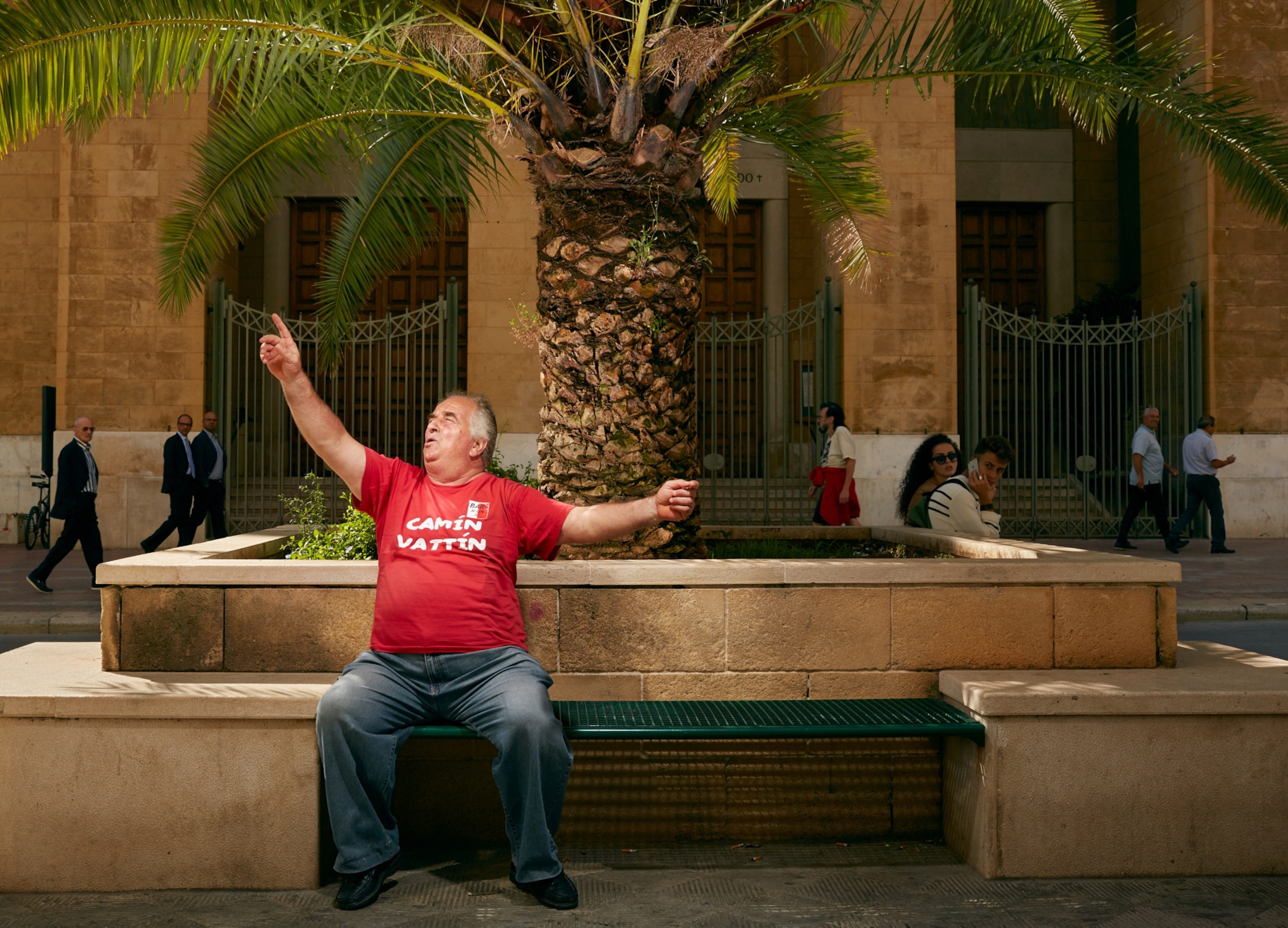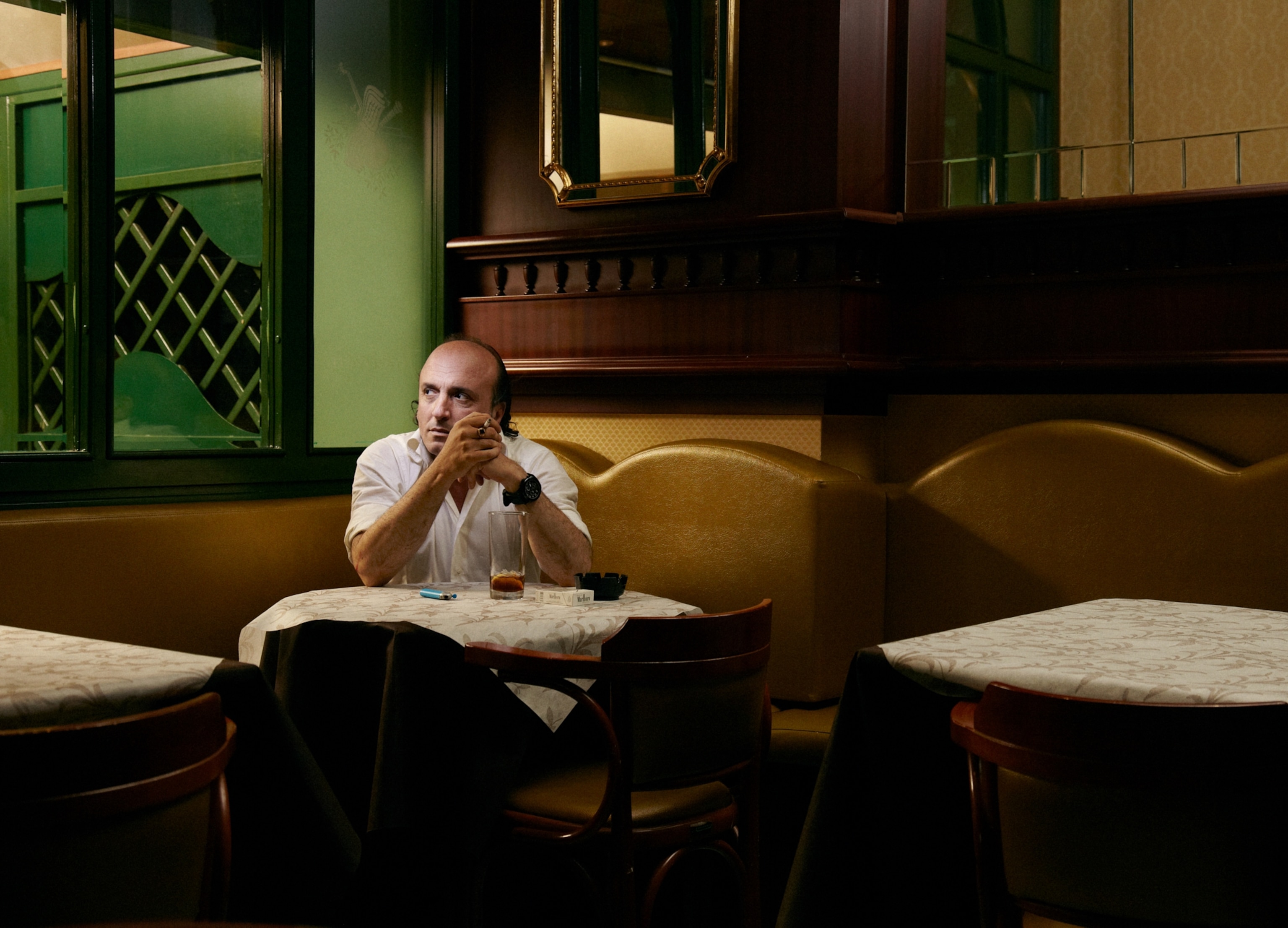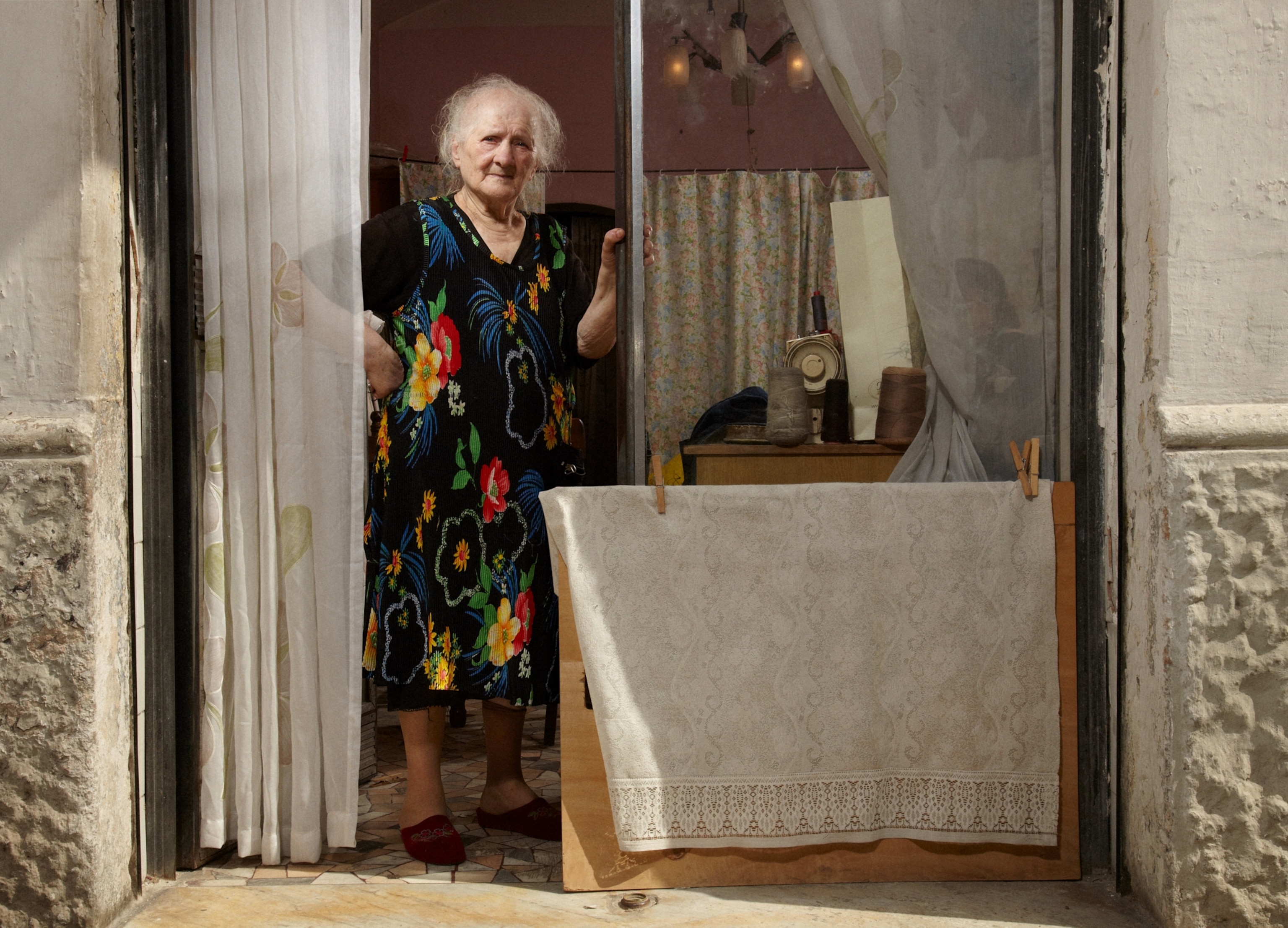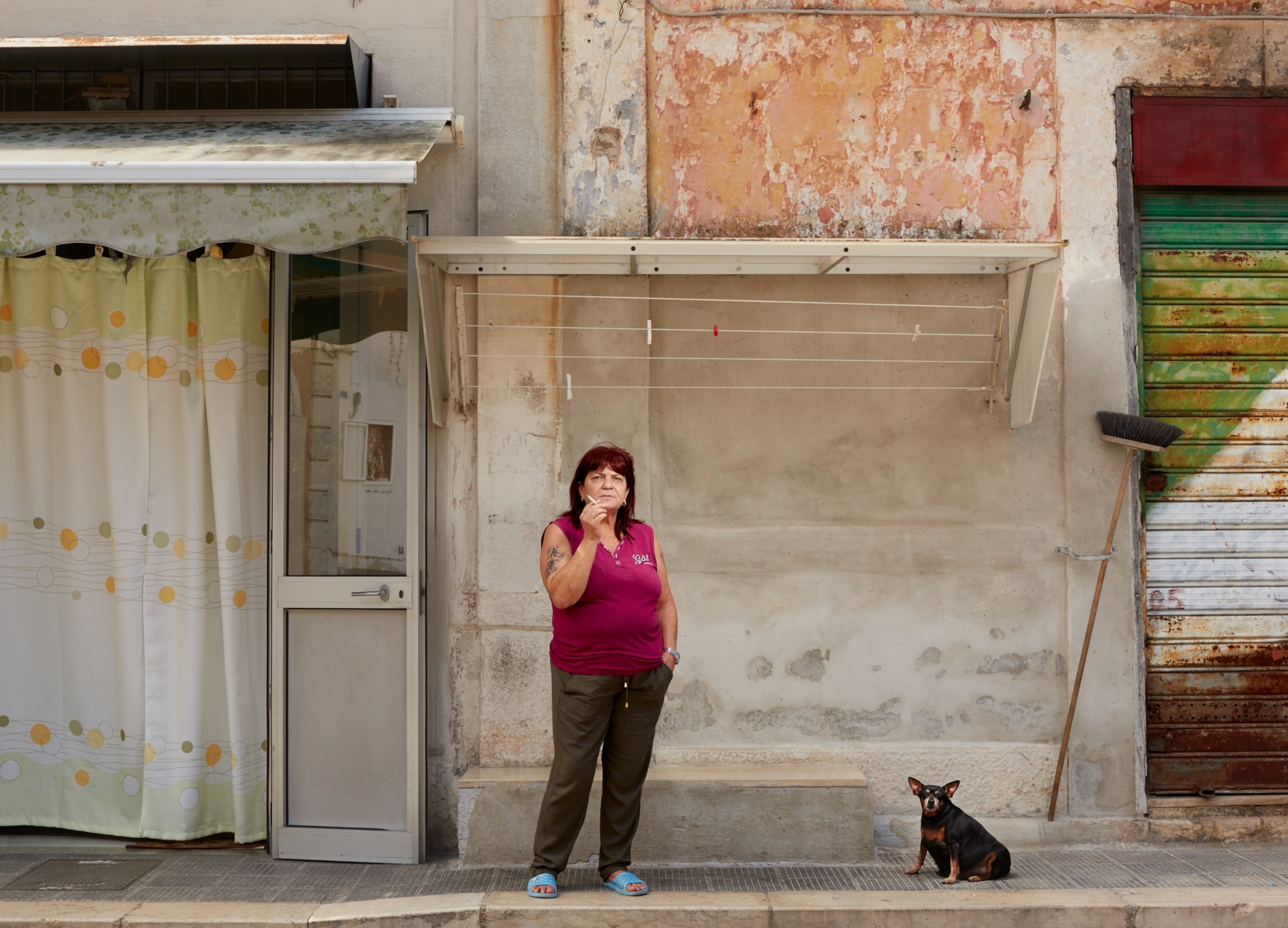Meet the local legends of this Italian town by the sea
Bari’s residents say things you’ve never heard, hold jobs that don’t exist, and share tales you cannot repeat.
This story is about Bari, a port city in the south of Italy, home to around 300,000 people, and fertile ground for human authenticity.
We’ve all heard of far flung islands that have become a cradle for biodiversity. A sanctuary for unique species that would have otherwise been destroyed by mainstream predators or development. Bari is like one of those islands, yet it became so not thanks to its isolation, but because it is—literally and metaphorically—a harbor. Bari’s port is, most poetically, the unchosen destination of flotsam that reach a shore. They say in Bari that nobody is a stranger.
In many other urban contexts, peculiarity is bridled and concealed behind closed doors. In Bari, deviating from the norm is an integral part of the city’s DNA. The mild climate and the inhabitants’ sense of humor has allowed this eccentricity to spread to the streets. You still have to look closely; amongst Bari’s provincialism, its treasures may not be evident at a first glance. Your second glance, though, would be truly rewarding.

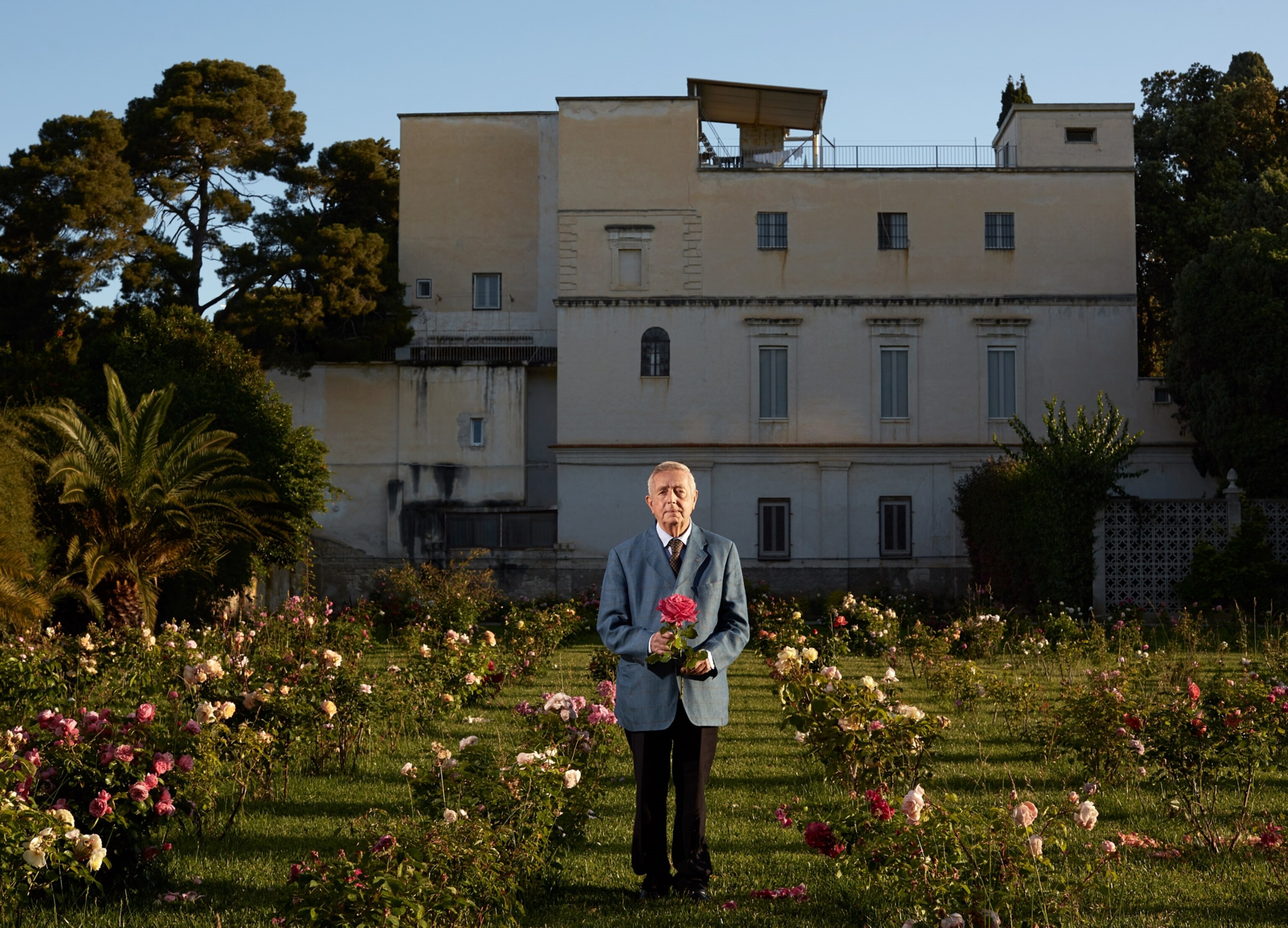
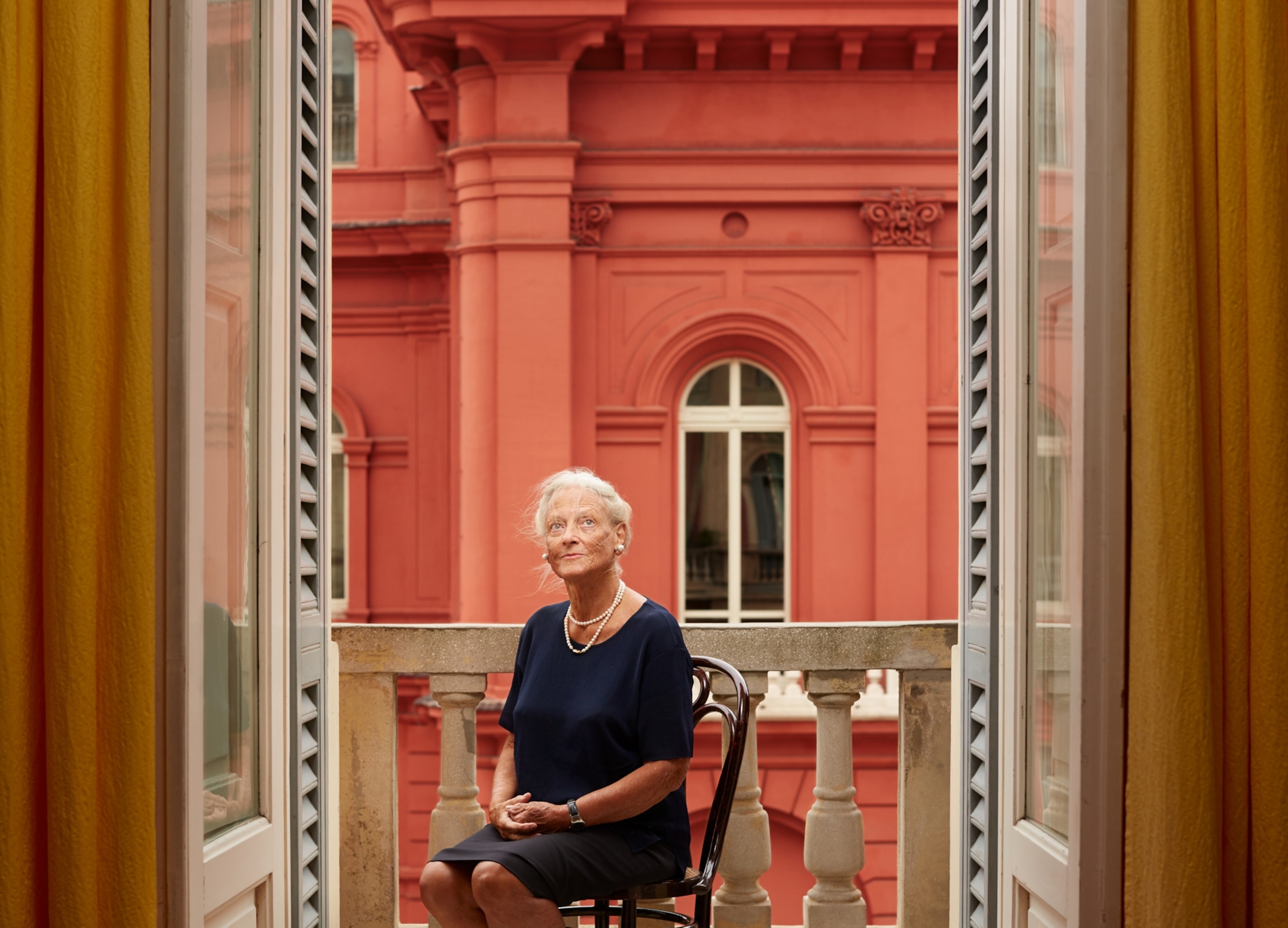
Unique characters populate pavements and sit behind shop counters, flourishing from the fanciest palace all the way to the local cemetery. They will say things you have never heard before, have jobs that don’t exist, share tales you cannot repeat, and look like no one else. Their authenticity is so potent that you start to doubt your own.
For those born in Bari Vecchia, the Old Town, the labyrinthine streets were their teacher. Bari’s school of life was wilder and more visionary. Before cars sanitized the scene, its narrow roads must have been a visual paradise, a temple of the unexpected, crawling with life, smells, and sounds. These traces are still visible.
Are these characters relics of a glorious Italian past? The truth is that nobody knows. Like many towns on the Adriatic Sea, Bari’s ancient belly has grown new limbs that extend towards modernity, with shopping areas and endless parking bays.
Bari draws its magic from the tension that Italy bears as a whole; torn between its past and its future, in the hope that both dimensions will survive, and none shall prevail. While many cities are besieged by a crusade of globalization, the best way to champion oddity is to celebrate it. Bari’s characters have no beginning, and as far as we like to imagine, no end.
